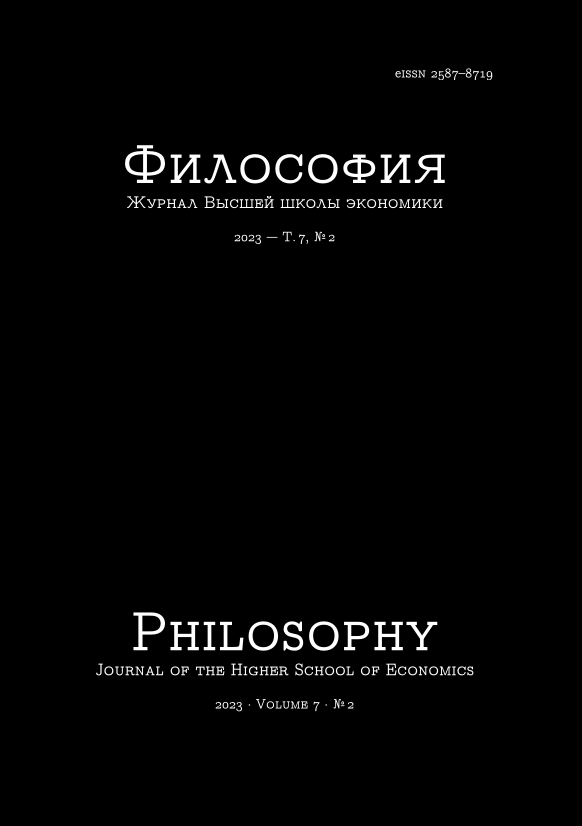From Will to Power to Powerlessness
An Epistemological Analysis
Abstract
The article is devoted to the correlation problem between power and knowledge. F. Nietzsche analyzes the truth in the light of the will to power. Nietzsche broadly interprets the will to power as a common vital energy, the desire to spread one's subjectivity. In this sense, he is close to M. Scheler and A. Bergson (élan vital). The criterion of truth is usefulness for life. Knowledge appears as a tool for increasing power. Linking knowledge and life goals, Nietzsche anticipated evolutionary epistemology. It is impossible to talk about the world as it is. The world is only an arena for the deployment of power; it is essentially subjective. J.-P. Sartre calls the acquisition of knowledge a “digestive attitude.” Unlike Nietzsche, M. Heidegger connects truth with freedom. Power and freedom are incompatible, therefore, in striving for freedom and thus for truth, the subject must give up power. He adopts an existential position of conscious powerlessness. In this position, the world is revealed to him as a saturated phenomenon (J.-L. Marion). The attitude to the world as a saturated phenomenon does not allow manipulation, interpretation, and appropriation. When applied to the analysis of philosophical thinking, this means a refusal to build systems, constant questioning, attempts to understand, and at the same time objections to oneself, an example of which is L. Wittgenstein. In the mystical tradition of Sufism, the rejection of interpretive thinking corresponds to “inner silence.” The Self of the subject does not disappear, and its activity is to develop a system of values.
Downloads
Copyright (c) 2023 Philosophy. Journal of the Higher School of Economics

This work is licensed under a Creative Commons Attribution-NonCommercial 4.0 International License.






